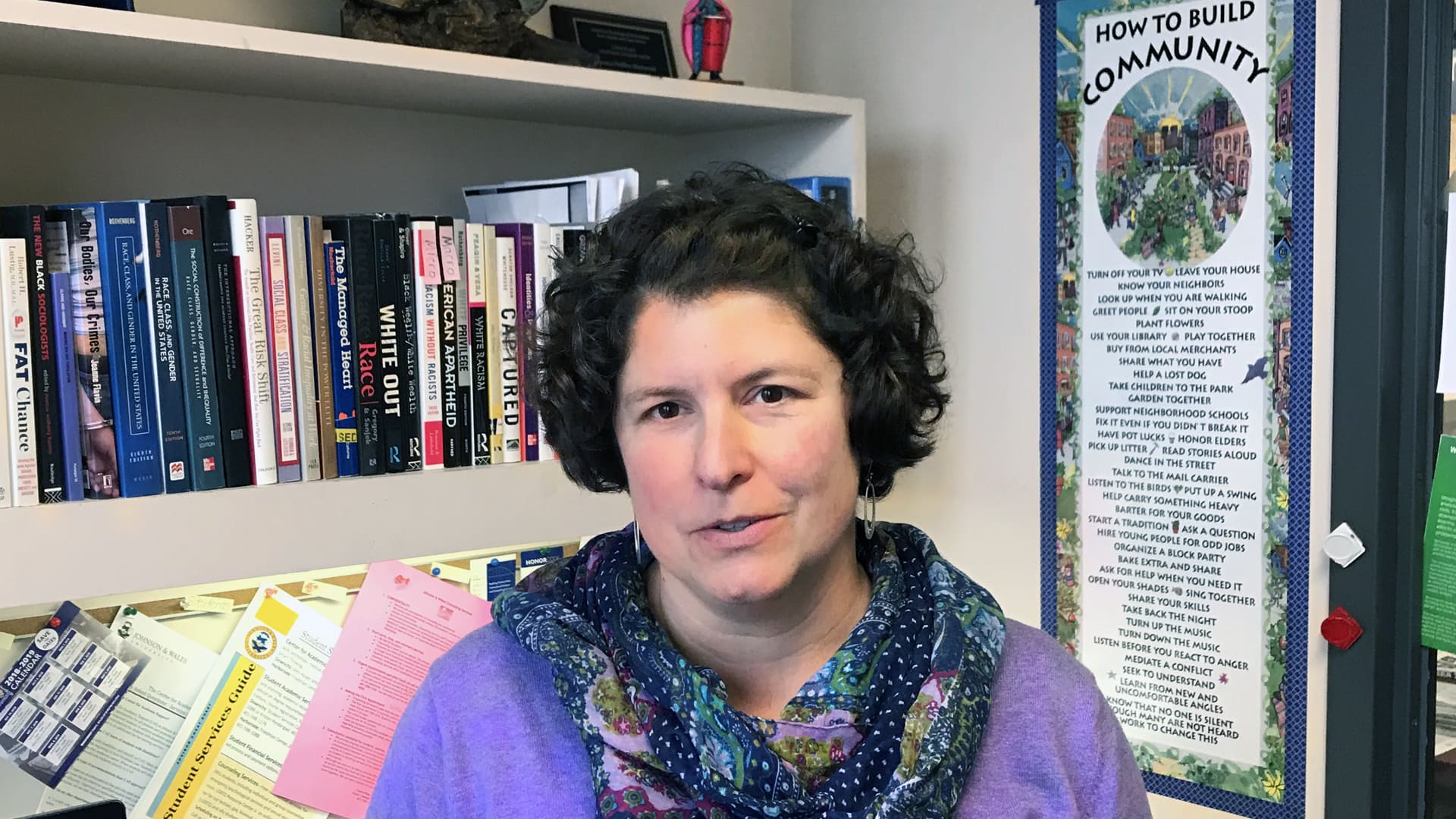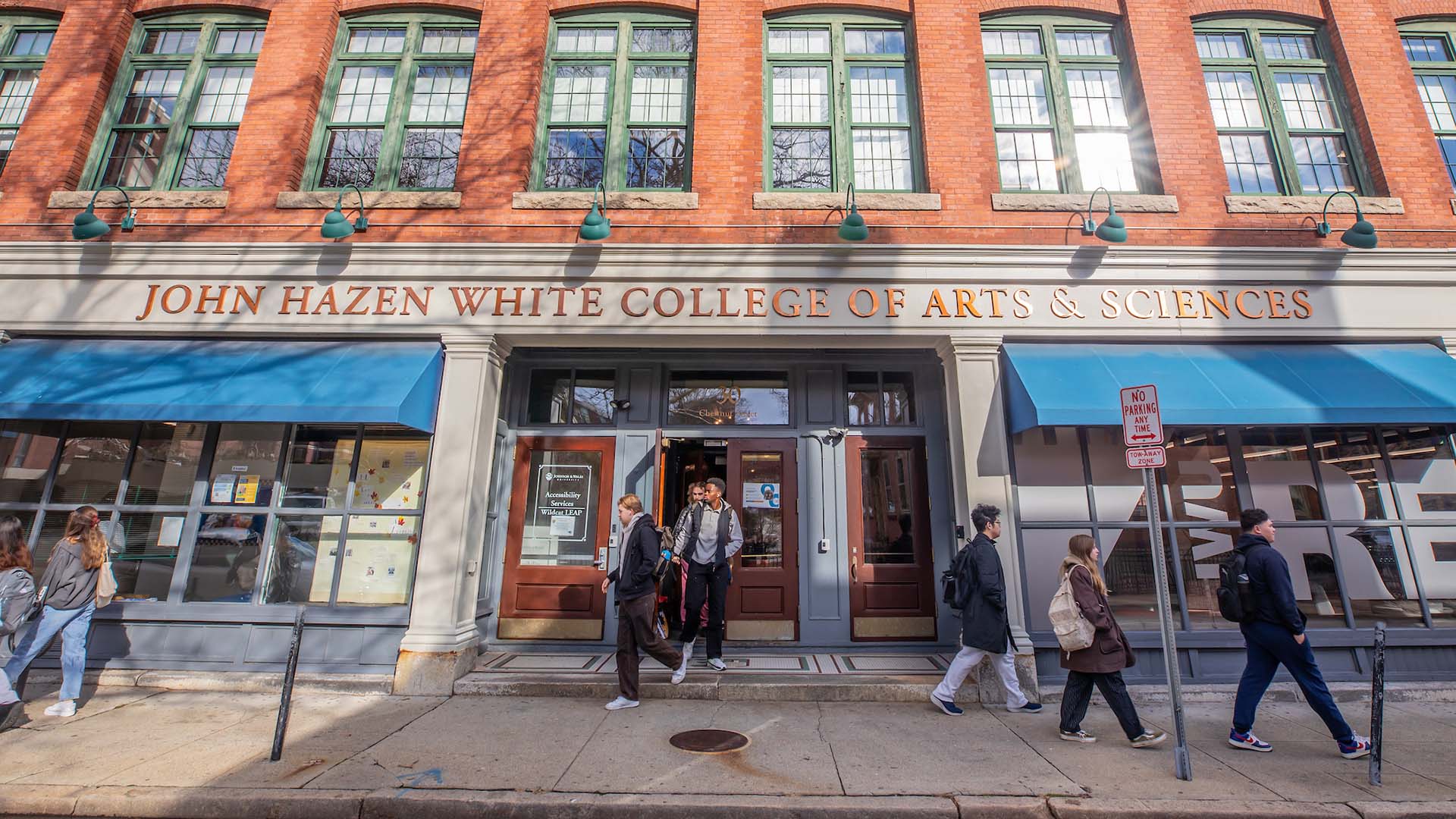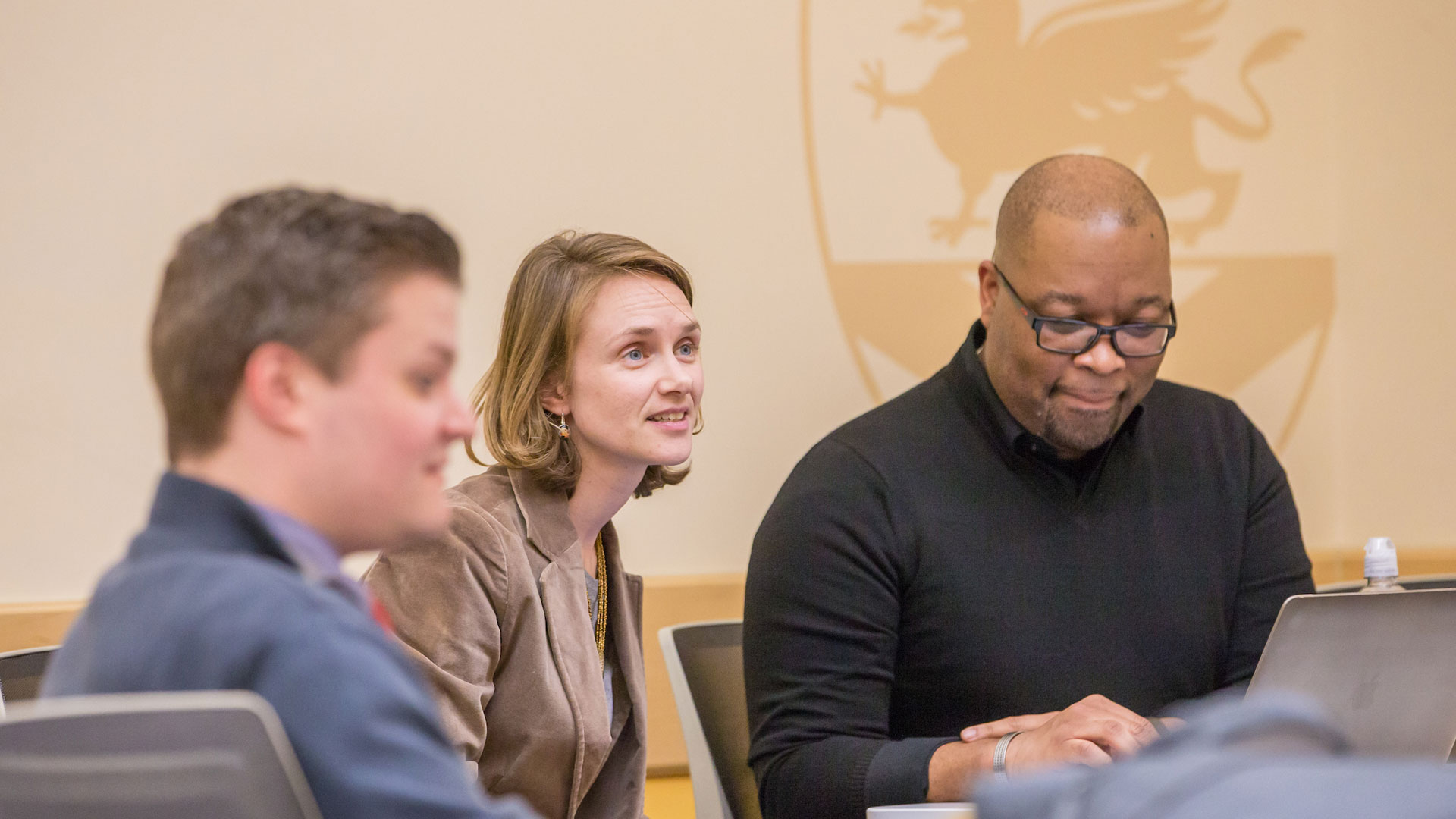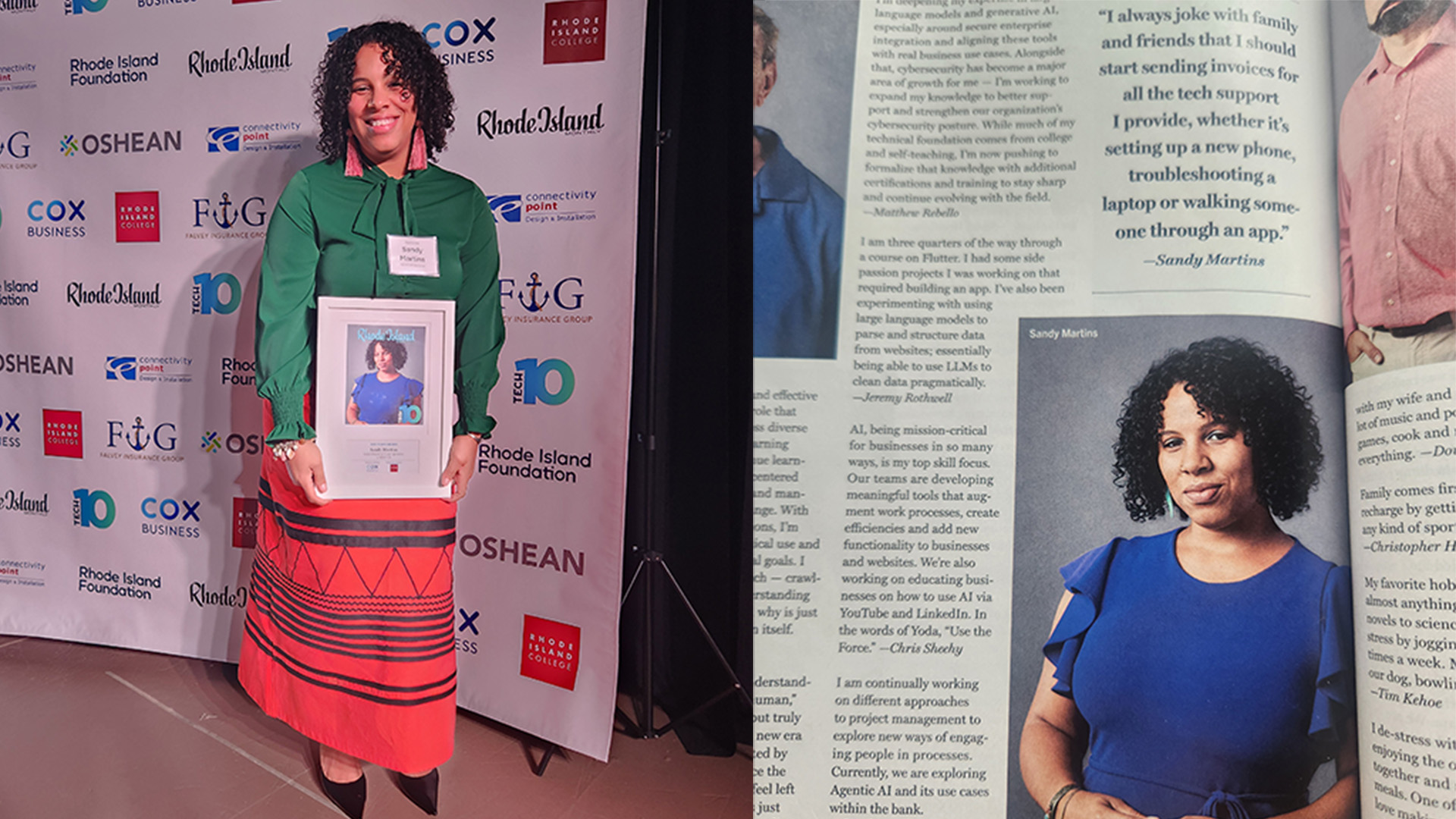The Natural Observer: Exploring Sociology with Jessica Sherwood

Jessica Sherwood, Ph.D., an associate professor in social sciences, came to JWU in 2012 and helped launch JWU’s Sociology bachelor’s degree program in 2017. A former executive officer of Sociologists for Women in Society, she wrote the book “Wealth, Whiteness, and the Matrix of Privilege: The View from the Country Club,” which Oxford Journals describes as “valuable insight into some of the ways that privilege is maintained and protected at both social and structural levels.”
Sociology explores questions about how people live in contemporary societies:
- What are the benefits and risks as millions of people move from rural to urban lives?
- How do inequalities of class, race and gender reinforce or sometimes contradict each other?
- How do new technologies affect the creation of culture?
Sherwood wanted to find the answers to these questions and address the challenges posed by our increasingly global, diverse and urban world.
Why did you go into sociology?
I was never the life of the party. It suited me to be the observer. And I always liked to observe marginalized identities. When I was a sophomore, I took an Intro to Sociology class. I didn’t know that observing people was an official discipline and I wanted to major in it.
How did you begin writing about wealth and privilege?
I was raised in what’s considered the upper middle class — went to boarding school — so I have access to this class. I grew up half Jewish and half WASP. Once I got to grad school, I became more aware of privilege, class, race and gender.
What sort of issues do you cover in your intro classes to Sociology?
It’s always easy to connect to current events. We cover policing practices that lead to too many killings. Also, the “obesity epidemic” — I use quotation marks because looking at data, maybe the sky’s not falling after all on that issue.
What sort of issues do you cover in your more advanced Sociology classes?
Culture and Food: Noticing how important sugar, caffeine and alcohol are in social routines and rituals, and discussing why. Noticing that the meanings of food items are multiple and flexible: for instance, a cup of tea can could mean ten different things, depending on the particulars.
Gender: Learning when and where gender is a binary, a triad or a spectrum versus the extent to which most societies are still built upon a binary, even as the U.S. sees kaleidoscopic diversity in recent years.
Obesity: Debating the meaning of the American “obesity epidemic,” which some people are skeptical about because it may also be a moneymaking opportunity and a moral panic.
Race: Considering the “five-color pentagon” of race and alternative formulations. Alternatives appear over time in the U.S. Census, as shown at RaceBox.org. Similar to the teacup example above, the definitions of races, and who is in which one, vary globally.
Tell me about some opportunities Sociology students have at JWU.
They can participate in the honors program. I’m supervising one student right now who’s working on his thesis on black masculinity and hip-hop. Also, they have plenty of opportunities for internships with local organizations.
What kind of student would do well in the Sociology program? They have to be curious — that’s number one. They need to be a little scientifically minded. They need to be open to having common sense and sometimes having their beliefs overturned. And they should be interested in focusing on social structure and context.
What advice would you give someone interested in studying Sociology? Stay informed about current events. I know that smartphone addiction is considered a growing problem, but the smartphone is the best way to do that. Nurture your own curiosity outside the classroom as well as in it.



